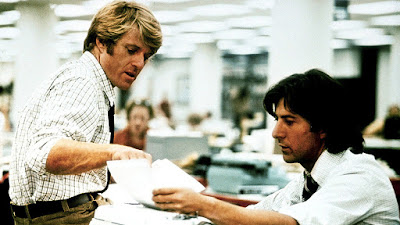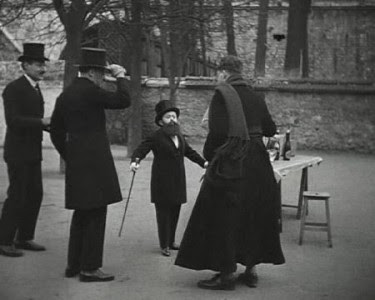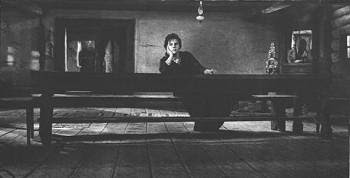My Favorite Films, Plague Edition (Volume 12): All the President’s Men

All the President’s Men (1976) Directed by Alan J. Pakula Starring Dustin Hoffman and Robert Redford All the President’s Men , the account of how two Washington Post reporters brought down Richard Nixon, is an endlessly gripping film. It is one of those rare birds like Titanic that, even though you know the ending, you get wrapped up in the process and caught up in the tension each time you watch it. It is only the occasional film that can do that, and is a testament to the tense, relentless pace of director Pakula and the performances of the two contrasting stars. We should recall that in 1976 Richard Nixon was still only two years into his unprecedented retirement, Vietnam still was a scar on society, and the Reagan/conservative/business oriented 80’s were still in the future. And I was entering college, missing the revolutionary student era of the 60’s but also the business-monetary fixations of the 80’s. The 70’s was a golden era of US cinema, liberated by 60’s activism...


